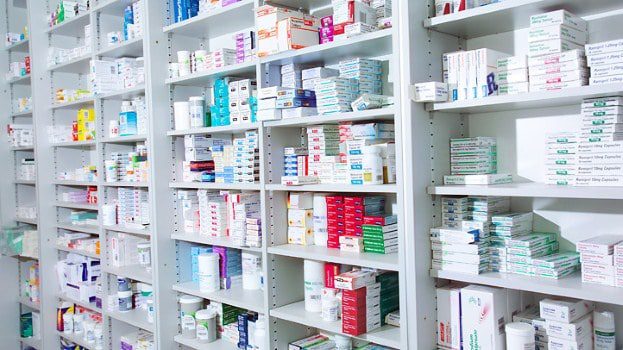
Physicians must be careful to not purchase counterfeit medicines, the U.S. Food and Drug Administration (FDA) warned on Tuesday. According to HealthDay News, fake drugs have become such a problem that the FDA has initiated a program to raise awareness of illegal operations and educate doctors about proper drug purchasing procedures. The program, titled “Know […]
 Physicians must be careful to not purchase counterfeit medicines, the U.S. Food and Drug Administration (FDA) warned on Tuesday. According to HealthDay News, fake drugs have become such a problem that the FDA has initiated a program to raise awareness of illegal operations and educate doctors about proper drug purchasing procedures.
Physicians must be careful to not purchase counterfeit medicines, the U.S. Food and Drug Administration (FDA) warned on Tuesday. According to HealthDay News, fake drugs have become such a problem that the FDA has initiated a program to raise awareness of illegal operations and educate doctors about proper drug purchasing procedures.
The program, titled “Know Your Source”, advises doctors to only purchase prescription medications from wholesale drug distributors licensed in their states in order to decrease the likelihood of giving patients unsafe or ineffective drugs. Additionally, the agency cautioned doctors against offers that appear too good to be true and avoid companies that use aggressive marketing practices.
According to the Associated Press, acting director of the FDA’s office of compliance Ilisa Bernstein said “They are targeting doctors and medical clinics and using these aggressive marketing tactics to offer medications at discount rates,” The “Know Your Source” program combats this. “We’re fighting back with their own medicine,” said Bernstein.
Physicians should confirm that they are only receiving products that are approved by the FDA, the agency said. The ingredients in unapproved drugs may be harmful or the drugs may have been manufactured, transported and stored in inappropriate ways, the FDA said.
The FDA lists several red flags that indicate a drug may not be FDA-approved. Physicians should be wary if the labels are written in a language other than English, if the dosing instructions are unfamiliar, if there is missing safety information and if the name of the product is different from the name on an FDA-approved drug.
Fake, contaminated and otherwise illegal medicines result in sales of $430 billion a year, according to estimates by the World Health Organization. As much as half of the drug supply is fake in developing countries, where most counterfeit medications are sold through rogue Internet pharmacies.
Unfortunately, fake drugs have also been making their way into doctor’s offices, pharmacies and hospitals. Associated Press reports that fake versions of the cancer drug Avastin have made it into the wholesale supply three times since 2012.


